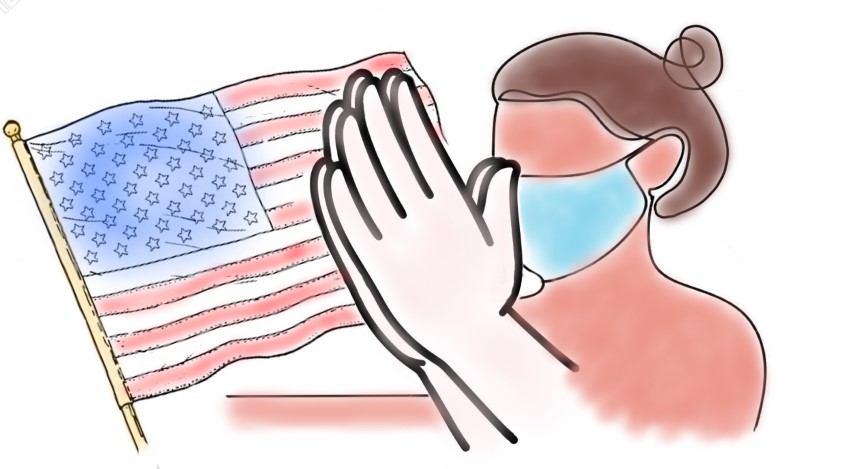
The need for a renewed debate on Canadian identity
By Idrian Burgos, Contributor
What defines a Canadian? What makes them think and act in a way that is interesting to their global neighbours? What influences them to make decisions that mark them as different from others? Why do their actions appear to be divided, going in different directions? Do Canadians think of themselves as similar to those around them, melting into an incomprehensible, globalized mass? If Canadians are persistent in maintaining their identity, how are they faring in this regard?
There’s been recent interest in the issue of Canadian identity: a number of articles dealing with it have been published, and the recent death of folk-country singer and Canadian Stompin’ Tom Connors has only highlighted the importance of this issue. It’s arguably been the peak in these discussions since the ‘60s and ‘70s. Such discussion is important for development in the concept of Canadian identity, and the direction that the discussion might go in is interesting.
The question of Canadian identity has existed since Confederation. Interestingly, it was influenced by global events. We began with a Eurocentric identity, focussed on the British and French, exalting the glories of the Empire or Old France. The First World War was arguably the moment when Canadians—the English, at least—first came up with the concept of an identity independent of external identities.
The interwar years saw Canadians beginning to take interest in the peculiar features of the country, with the appearance of the Group of Seven and literary modernists. Decolonization and the rise of civil rights after the Second World War saw the rise of various Canadian concepts, which were tied to political parties: Diefenbaker’s “True North”; Trudeau’s emphasis on individual rights, bilingualism, and multiculturalism; NDP social democracy. In addition, more “specific” identities came to attention as the years went on: Quebec sovereignty, Western regionalism, the Aboriginal cause.
Since the climax of these ideas—along with the constitutional issues of the late ‘80s and early ‘90s—there hasn’t been much talk about our national identity. This decline coincided with neoliberal globalization that began in the ‘90s. Present national conversation is focussed on expanding our overseas markets, or protecting environmental and societal welfare against the effects of said expansion.
It seems, for the most part, that we’ve approved of the abstract concept of Canadian identity developed under Trudeau. We see the Charter, multiculturalism, healthcare, and bilingualism as good in themselves. Present political attempts to change that to a more neoconservative direction appear to have failed, according to pollsters. We don’t seem to centre our identity on military achievements and hockey (which, in my opinion, are dumb and simplistic ingredients from which to create an identity).
The only remaining identity debate seems to lie on the economic field, wherein you’re either pro- or anti-pipeline. Such a freeze in the identity debate creates a fossilized and boring atmosphere, enough to encourage many creative types to flee abroad. Former Prime Minister Joe Clark said that Canadians are in danger of going into their “gated communities” with a lack of national debate. Yet it might be said that there’s no need for a national debate, since everything was settled decades ago. Globalization, with its denationalizing tendencies, has affected the concept of Canadian identity and its expressions.
Could there be a solution to this problem? Is there any way that the psychological, and even the physical, existence of Canada can be saved from oblivion? I have a couple ideas. Let’s reassess Canadian history, looking at it from previously unused perspectives, and not take what we’ve learned as absolute. Canadian identity is connected to history, and we can follow Stompin’ Tom’s example: seek inspiration from the people of this country, especially the lesser-known. The potential product of this process is a renewed national debate that wholly questions the existing national narratives and provides new viewpoints from which, hopefully, a more vigorous and unifying identity will be created.
